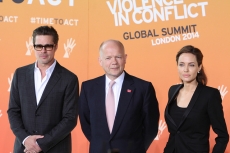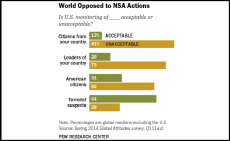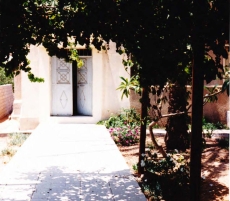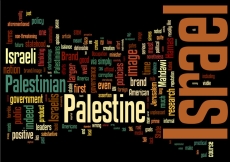The CPD Blog is intended to stimulate dialog among scholars and practitioners from around the world in the public diplomacy sphere. The opinions represented here are the authors' own and do not necessarily reflect CPD's views. For blogger guidelines, click here.

James Pamment reviews the British Foreign Secretary's PD legacy

In Patna, Bihar, students learn how to express themselves and the world around them through dance.
CPD Blogger Zhao Minghao from the Charhar Institute on what China's 'March West' means for the Arab World - and global politics.

How the world views the U.S., China, and the competition between the two major rivals.

How one scholar's understanding of the shared destiny of Palestinians and Israelis led her to the field of public diplomacy.
Did the World Cup improve or damage Brazil's reputation on the international stage?

Professor Robert Albro on the intersections between diplomacy, technology, and social media.

CPD Blogger Neal Rosendorf shares his thoughts on 'Brand Palestine.'
Pages
Visit CPD's Online Library
Explore CPD's vast online database featuring the latest books, articles, speeches and information on international organizations dedicated to public diplomacy.
POPULAR ARTICLES
-
January 29
-
January 20
-
January 28
-
February 6
-
January 8
Featured Blogger
Join the Conversation
Interested in contributing to the CPD Blog? We welcome your posts. Read our guidelines and find out how you can submit blogs and photo essays >.








